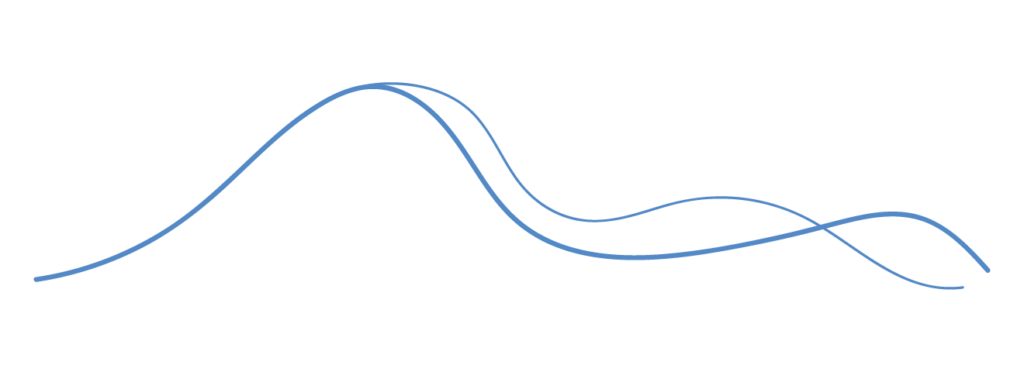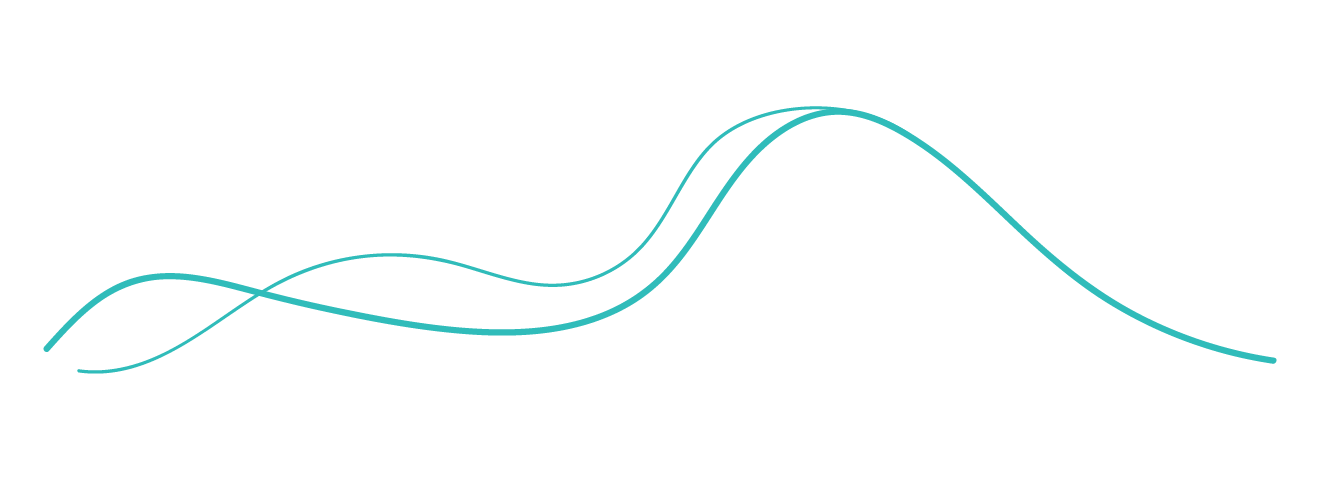SciMingo
SciMingo’s mission is to help researchers reach out to a broader audience, to strengthen interest and trust in science. Through our lectures, competitions and SciComm Academy trainings, we give young scientists a stage and teach them how to take it. Be it in a podcast, video pitch, or written article: we help them find the right balance in appealing to the public, without losing nuance. Like flamingos, masters of balance.




